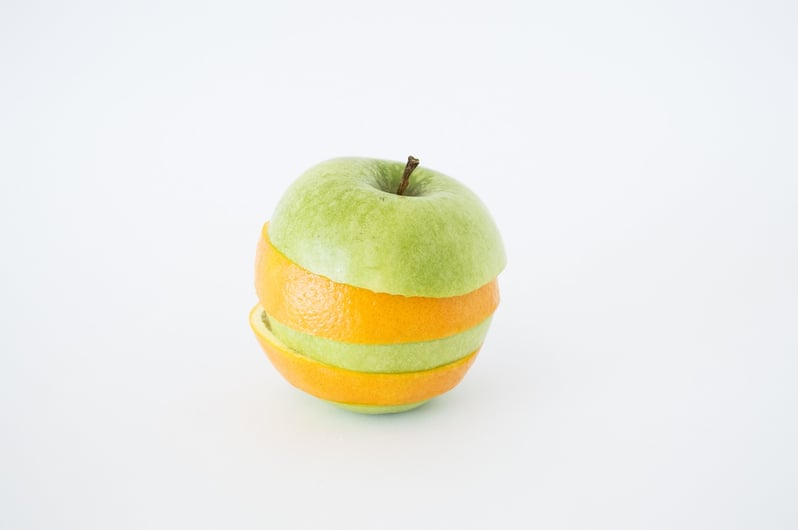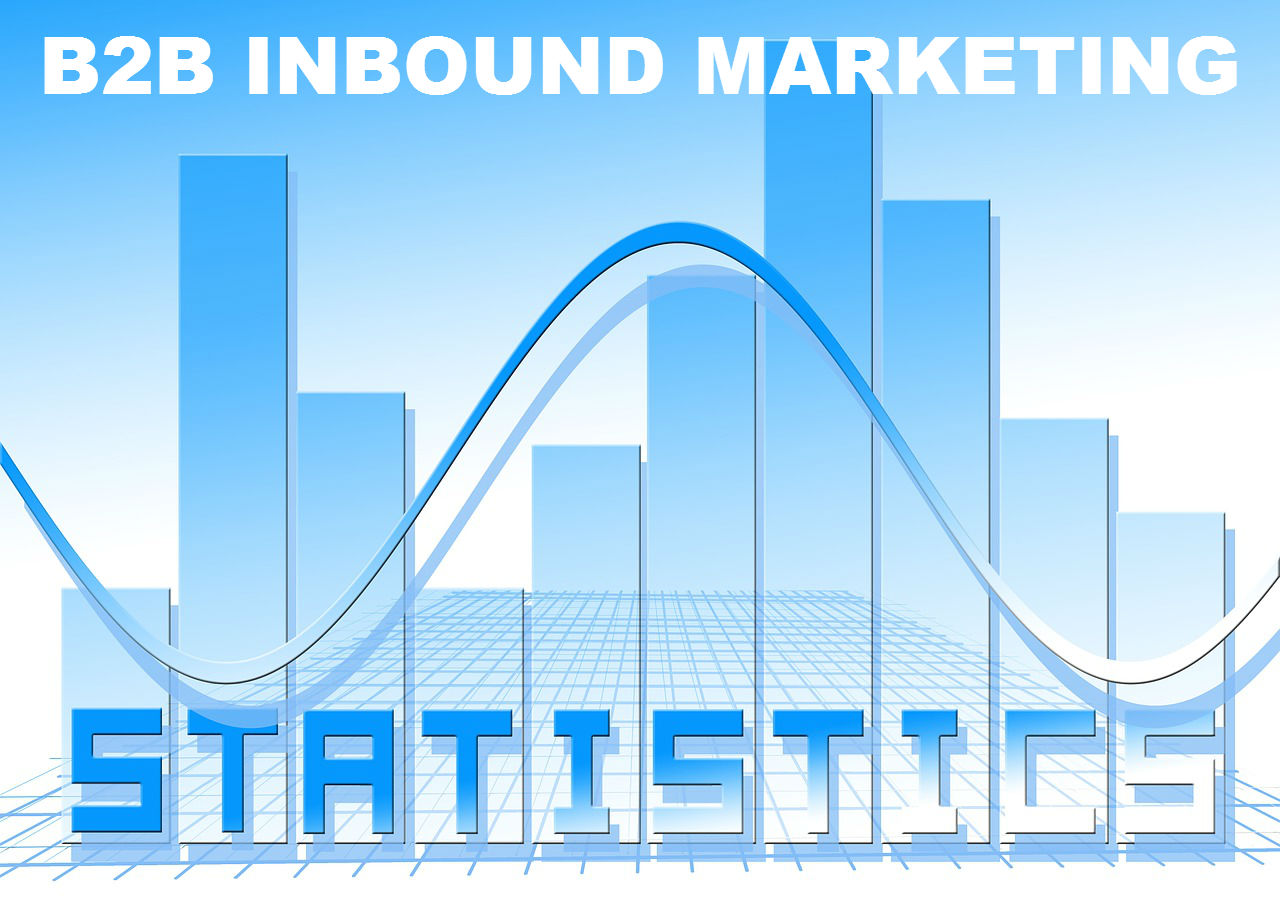B2B Inbound Marketing Adoption and Success
Thinking about implementing inbound marketing for your
 There are some similarities between B2B and B2C marketing in general, but there are a few key differences, especially with inbound marketing. It’s essential for professionals who work on either (or both) sides to understand the differences between B2B and B2C to be successful.
There are some similarities between B2B and B2C marketing in general, but there are a few key differences, especially with inbound marketing. It’s essential for professionals who work on either (or both) sides to understand the differences between B2B and B2C to be successful.
The B2B audience is seeking educational information, while the consumer audience is usually seeking deals and entertainment. Hence, the B2B purchase process tends to be rationally and logically driven, while B2C choices are typically emotionally triggered.
2. Detailed ContentIs needed for B2B since a business needs to prove its expertise and give its target audience a reason to choose them. B2C consumers tend to prefer something short and engaging, especially for lower-priced products.
3. RelationshipThe B2B crowd wants information and the ability to build a close relationship with the business and the people associated with it. A B2C consumer isn’t necessarily looking to build a relationship with the brand.
4. Buying CycleThe B2B buying cycle is often much longer than the B2C decision process. Therefore, it requires much more nurturing and close attention. B2C buys tend to satisfy immediate needs, while B2B decisions are meant to complete long-term goals.
5. Approval ProcessB2B marketers have a much longer chain of command to deal with since procurement, accounting and their superiors often need to approve purchases. On the other hand, an individual typically makes their own speedy B2C purchase choices — possibly with the influence of others via recommendations or reviews.
6. Duration of ContractA contract for a B2B purchase tends to last months or even years, making it a much more significant decision. On the contrary, the total B2C cycle can be as short as a few minutes depending on the product.
The two types of marketers have distinctive problems. Often, the largest problem that B2B marketers have is a lack of content and time to create it. This differs from B2C marketers who usually have larger budgets and tend to focus on spreading the word through multiple channels. However, at the end of the day, no matter which side of the B2B or B2C divide a marketer works on, all marketing is P2P — people to people — despite the external differences.

Thinking about implementing inbound marketing for your

